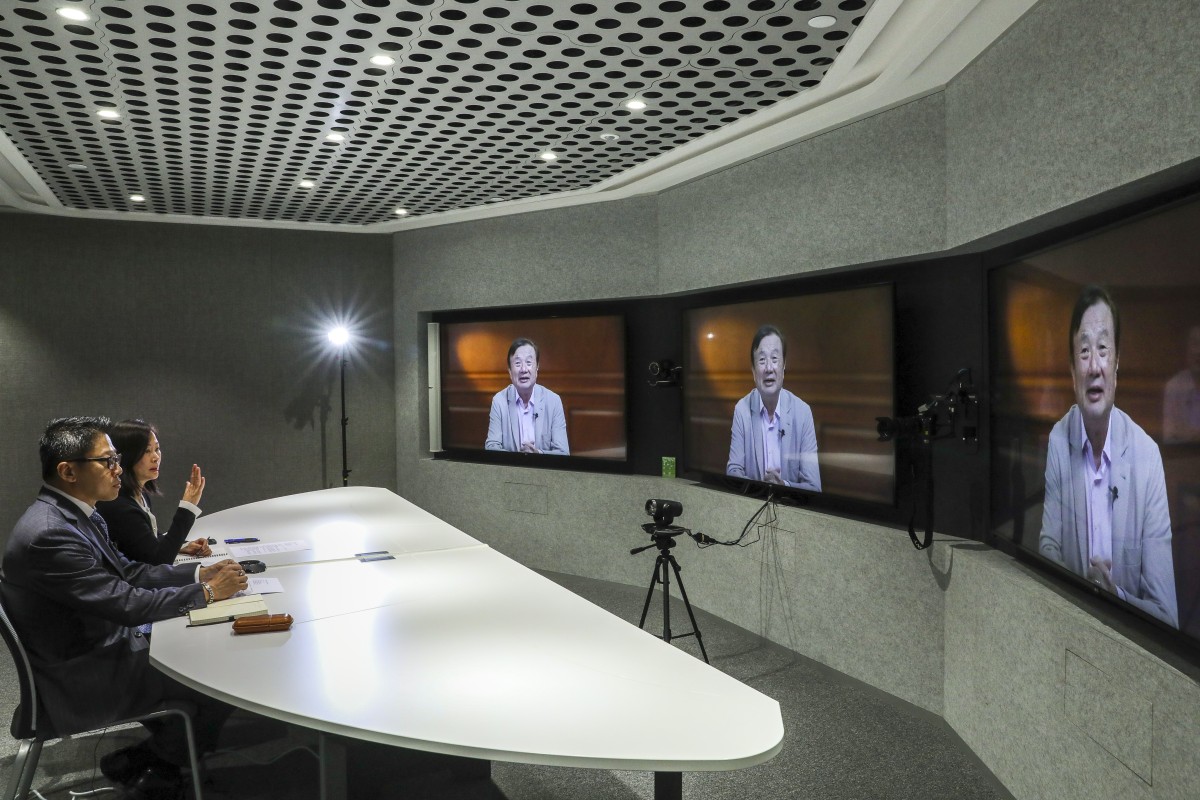The company was on the front foot before the coronavirus crisis gripped China and spread around the world because of
Ċina
Il-fundatur Ren Zhengfei jgħid li t-tiġrijiet #Huawei "jiżviluppaw" teknoloġiji ġodda fost # pandemija #Coronavirus

The world’s largest telecommunications equipment supplier and China’s biggest smartphone maker has been motivated by a sense of mission, said Ren Zhengfei, founder and chief executive of Huawei, as he sat down for an interview with the Ċina tan-Nofsinhar Morning Post din il-ġimgħa.
“Over 20,000 scientists, experts and engineers worked overtime during the Lunar New Year holiday, because we’re racing to develop new [technologies],” Ren said, referring to the work in progress as “something which will keep us ahead of global competition”, without revealing further details.
“It’s not a problem for us to survive as a company, but it’s questionable whether we can keep our leading position,” Ren said. “We won’t be able to lead the world in the next three to five years if we cannot develop our own technology.”
Huawei will step up its investment in research and development, with the 2020 budget surpassing US$20 billion, up from US$15 billion last year, according to Ren.
Huawei’s ambition to weather US sanctions, however, has been put under further pressure by the outbreak of COVID-19, which started to affect China in January. The viral disease has since spread around the world, forcing lockdown of communities and wreaking economic havoc.
It has morphed into a pandemic that has spread to 170 countries and regions, and as of Monday had forced more than one-fifth of the world’s population to stay in their homes.
“Neither the US sanctions nor the pandemic had a major impact on us,” Ren said. “We believe the impact is minimal, and we can pull through it.”
Huawei has resumed more than 90 per cent of its production and development operations, Ren said, adding that the company has also kept its supply chain mostly intact by helping provide its partners with protective gear to keep production going.
Maintenance service personnel around the world have also been working to ensure that communications remain uninterrupted, Ren said. “The world needs internet service [even more] as the pandemic accelerated,” he said.
Other than Hubei, the province at the epicentre of the outbreak in China, none of the company's global workforce has been infected by the coronavirus. Those who were afflicted in Hubei are now recovering, Ren said, without divulging numbers.
Although Europe, Huawei’s most lucrative market outside China, has now been gravely affected by Covid-19, Ren expects demand for its network gear there to remain strong on the back of peoples’ need for online services.
“New technologies such as tele-health, online learning and remote working have showed to the world their usefulness in preventing disease from spreading, as well as the importance of network connections,” Ren said. “Even when the West is feeling the mounting impact of the coronavirus, most of our projects can actually enhance their capabilities [during the outbreak]. There is a demand we need to meet.”
Aqsam dan l-artikolu:
-

 TabakkJiem ilu 3
TabakkJiem ilu 3Il-bidla mis-sigaretti: kif qed tintrebaħ il-battalja biex tmur mingħajr duħħan
-

 AżerbajġanJiem ilu 4
AżerbajġanJiem ilu 4L-Ażerbajġan: Attur Ewlenin fis-Sigurtà tal-Enerġija tal-Ewropa
-

 KażakstanJiem ilu 4
KażakstanJiem ilu 4Il-Każakstan, iċ-Ċina Setti biex Isaħħu r-Relazzjonijiet Alleati
-

 Ċina-UEJiem ilu 4
Ċina-UEJiem ilu 4Miti dwar iċ-Ċina u l-fornituri tat-teknoloġija tagħha. Ir-rapport tal-UE għandek taqra.

























